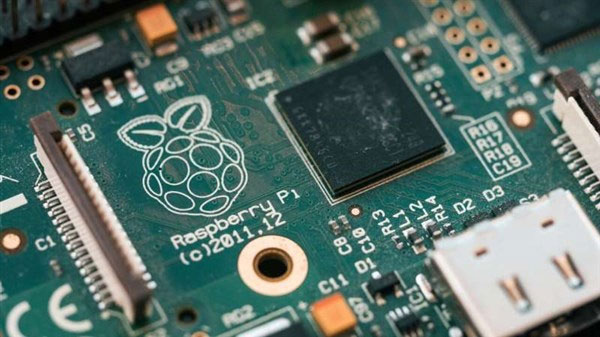The New System Helps Detect Electromagnetic Wave Signals of Various Viruses.
A group of researchers at the Institute of Computer Science and Random Systems has developed a virus detection system using Raspberry Pi that does not rely on software. The Raspberry Pi includes a magnetic field probe and an oscilloscope. An oscilloscope is a type of electronic testing device used to display the waveform of an electrical signal as a function of time or another signal.

Raspberry Pi is not easily affected by disruption techniques developed by hackers.
The new system helps detect electromagnetic wave signals from various types of viruses. The team presented the system and experimental results at the annual ACM Conference on Computer Security Applications in December 2021. The research work has been published on the ACM Research Papers page.
The idea behind the new system is that running software generates electromagnetic waves. Each software creates its own unique wave patterns due to the way the code is executed. The researchers leveraged this knowledge and began using the magnetic field probe.
From there, they captured the wave patterns of known computer viruses running on various devices. Subsequently, the researchers observed the results on the oscilloscope.
The scientists discovered specific oscillation patterns for each individual virus. The research team used that information to program the Raspberry Pi to identify the data stream for recognizing known virus wave patterns. The scientists hope to use this system as a virus detection tool.
To determine whether a virus is running on a computer, IoT device (capable of connecting to the Internet), or smartphone, users place the magnetic field probe close enough to the device. This allows the detection of generated electromagnetic waves.
Afterward, the Raspberry Pi will report whether any type of virus has been found. If a virus is detected, the system will specify which type it is. Tests show that the system can detect 99.82% of common malware, along with a benign virus.
The scientists stated that this system does not require software installation on the device being tested. Detection of viruses is performed by an external system.
Additionally, the Raspberry Pi has the advantage of being resistant to disruption techniques developed by hackers to conceal the presence of viruses.
Such a system is unlikely to be sold to consumers. However, it is highly likely that the Raspberry Pi will be used for larger applications or servers.


















































